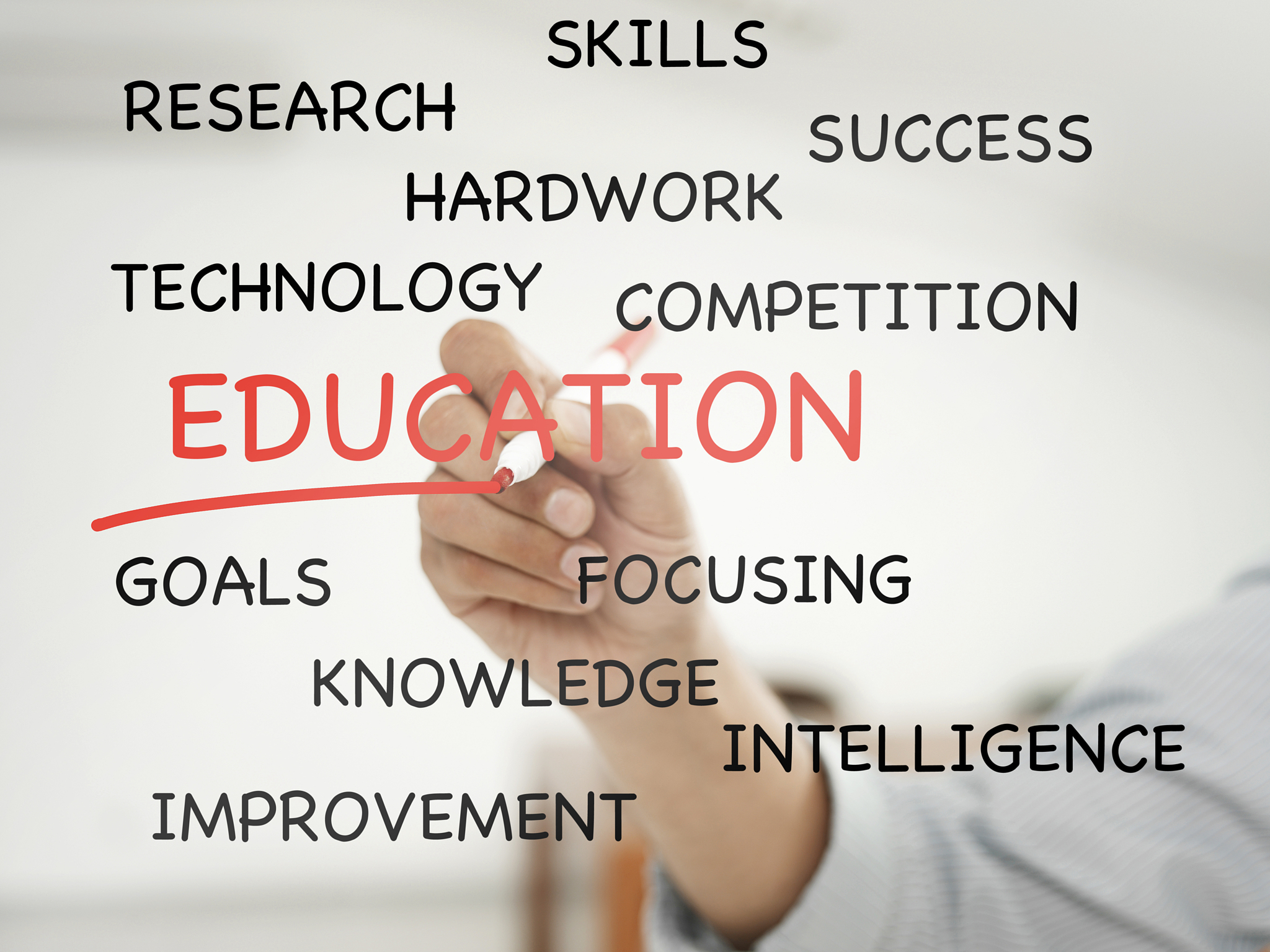The Transforming Landscape: Exploring the Changes in Education
The Transforming Landscape: Exploring the Changes in Education
Education is not static; it's a constantly evolving landscape shaped by societal shifts, technological advancements, and evolving pedagogical approaches. Recent years have witnessed a dramatic transformation in the way education is delivered and experienced, revolutionizing the learning journey for students worldwide.
One of the most significant drivers of change is the seamless integration of technology. With computers, tablets, and the internet readily available, students now have a universe of information at their fingertips. This accessibility has enabled a shift from traditional teacher-centric models to a more learner-centered approach. Students can now explore subjects at their own pace, delve deeper into areas of interest, and leverage technology for interactive learning experiences.
The rise of blended learning is another prominent change reshaping education. This approach marries the best of traditional classroom instruction with the flexibility and personalized opportunities offered by online learning. Students can engage in online activities, collaborate with peers on virtual platforms, and access a wealth of resources beyond the confines of physical textbooks. Blended learning not only fosters independent learning but also equips students with essential digital literacy skills for the modern world.
Recognizing that every student is unique, personalized learning has gained significant traction. Educators are moving away from a one-size-fits-all model, embracing the understanding that students have diverse strengths, weaknesses, and learning styles. Technology plays a crucial role in this individualized approach. Data tracking and analytics provide valuable insights into student progress, allowing teachers to tailor instruction, provide targeted support, and cultivate a deeper understanding of the subjects at hand.
Project-based learning has also emerged as a powerful educational tool. This approach emphasizes hands-on learning, encouraging students to apply knowledge and skills to real-world scenarios. By working collaboratively on projects that demand critical thinking, problem-solving, and communication, students develop practical competencies and a deeper understanding of the subject matter. This approach prepares them not just for academic success but also for the complexities and challenges of the modern workforce.
Furthermore, the very concept of education is expanding beyond the traditional confines of classrooms and institutions. Lifelong learning has become paramount in today's rapidly changing world. Individuals recognize the need for continuous growth and development throughout their lives. Online courses, professional development opportunities, and informal learning platforms provide accessible avenues for acquiring new knowledge and skills, ensuring individuals can adapt and thrive in a dynamic job market.
In an increasingly interconnected world, global education has taken center stage. Students are exposed to diverse perspectives, cultures, and global issues through virtual exchanges, multicultural curricula, and collaborative projects with international peers. This global outlook broadens horizons, fosters intercultural understanding, and prepares students to be engaged and responsible global citizens.
In conclusion, the changes sweeping across the educational landscape signify a profound shift in how we teach, learn, and perceive education itself. Technology integration, blended learning, personalized approaches, project-based learning, lifelong learning opportunities, and a global perspective are reshaping traditional paradigms. As education continues to evolve, it is our responsibility to embrace these changes, adapt our approaches, and equip future generations with the knowledge, skills, and global mindset needed to thrive in an ever-changing world.

原文地址: https://www.cveoy.top/t/topic/bbRU 著作权归作者所有。请勿转载和采集!